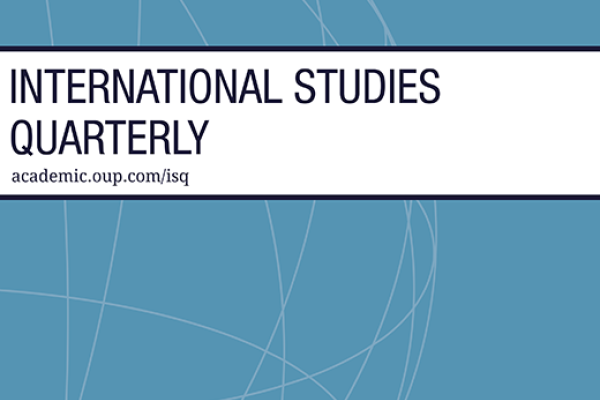
Renewable Energies, Renewed Authoritarianisms? The Political Economy of Solar Energy in the Middle East and North Africa (MENA), DFG Emmy Noether Junior Research Group, 2022-2028.
Promises of Democratic Connection? The Politics of Transregional Energy Infrastructure Expansion, Thyssen foundation, 2022-2024.
Making Infrastructure Global? Design and Governance of Infrastructural Expansion in the Global South, EUCOR seed money, 2020-2022.
Member of the Security in Context network
Fellow in the FRIAS Young Academy for Sustainability Research
Member of the Research Network External Democracy Promotion EDP
Member of the International Editorial Advisory Board of Middle East Critique
Co-Speaker in the German Oriental Studies Association's working group 'Postcolonial Perspectives'
Member of the Steering Committee of the Freiburg Institute for Advanced Studies (FRIAS)
Member of the Committee on Academic Freedom of the British Society for Middle Eastern Studies (BRISMES)
(2024) "The Uneven Politics of Decarbonization in the Middle East and North Africa", Middle East Research and Information Project (MERIP), Issue 311, Post-Fossil Politics.
(2024) "Supporting plausible acts of genocide: Red lines and the failure of German Middle Eastern Studies", Project on Middle East Political Science (POMEPS), Studies 51, The War on Gaza and Middle East Political Science, pp. 32-38.
(2024) "Facilitating Energy Flows, Containing Humans: Authoritarian Energy Transitions in the Middle East and North Africa (MENA) Region", (co-authored with Elia El Khazen, Charlotte Mueller & Philipp Wagner), State of Power, Transnational Institute, February 8.
(2024) "Elsewheres of the Unbuilt: The Global Effects of Transnational Energy Infrastructure Projects", (co-authored with Maren Larsen, Alke Jenss & Kenny Cupers), International Journal of Urban and Regional Research (IJURR), open access.
(2024) "Seizing the Moment": Arab-Israeli normalization, infrastructure as a means to bypass politics and the promotion of an Israeli-Jordanian transit trade", Geopolitics, online-first.
(2023) "Follow the Grid, Follow the Violence: The Project for a Transregional Mediterranean Electricity Ring", Middle East Critique, online-first.
(2023) "The Geopolitical Economy of an Undermined Energy Transition: The Case of Jordan", (co-authored with Hussam Hussein), Energy Policy, 180: 113655, open access.
(2021) "Rethinking Authoritarian Power: The Logistics Space and Authoritarian Practices in and between Secondary Port Cities of the Global South", (co-authored with Alke Jenss), International Studies Quarterly, Vol. 65, pp. 82-94, open access.
(2019) Promoting Democracy, Reinforcing Authoritarianism: US and European Policy in Jordan (Cambridge University Press); reviewed in The Middle East Journal and Democratization.
(2017) "Simulating, marketing, and playing war: US-Jordanian military collaboration and the politics of commercial security", Security Dialogue, Vol. 48, No. 5, pp. 431-50.

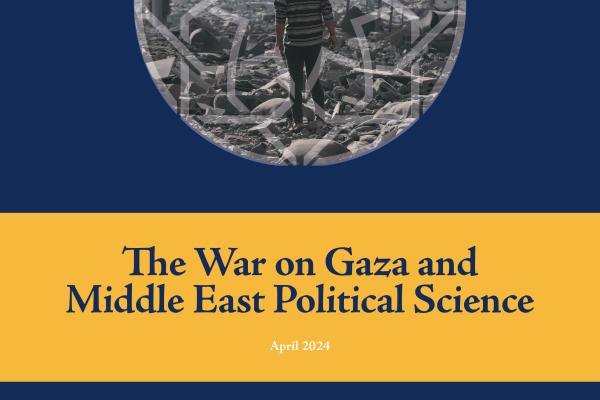
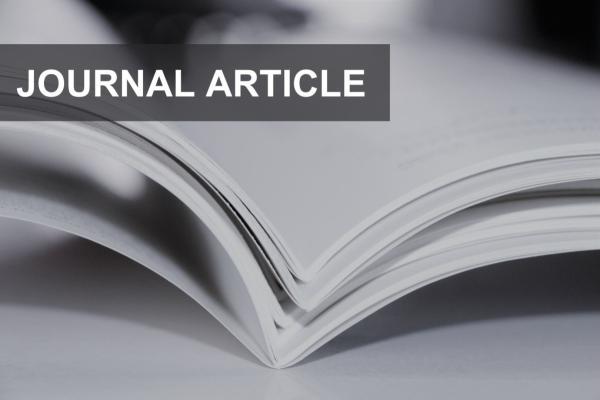
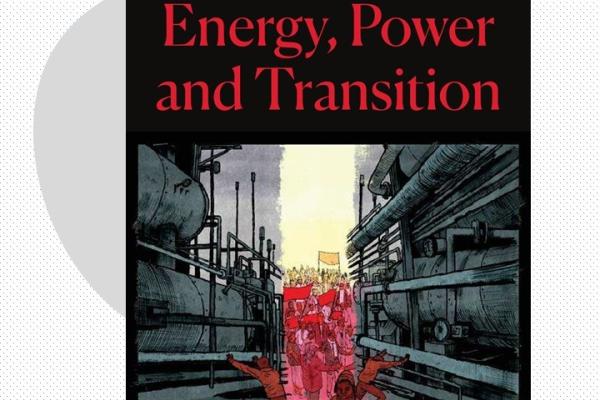
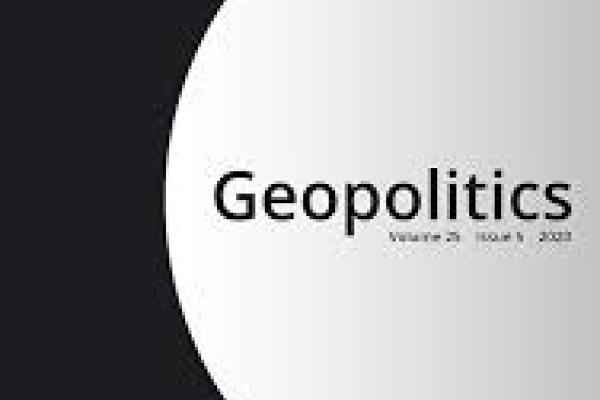
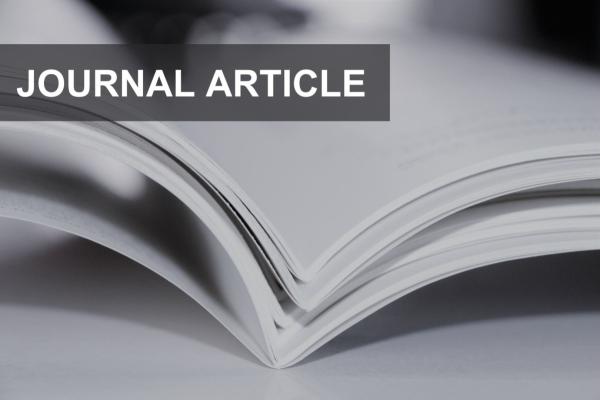
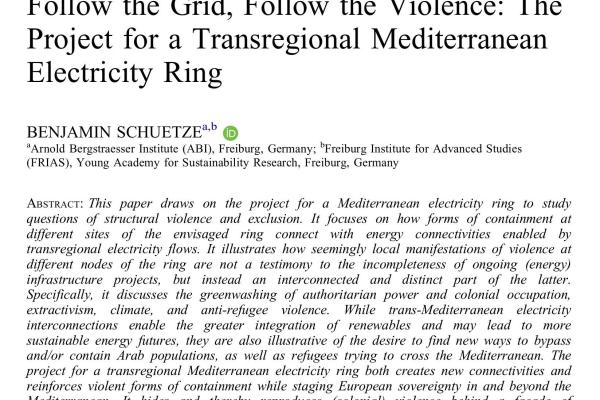
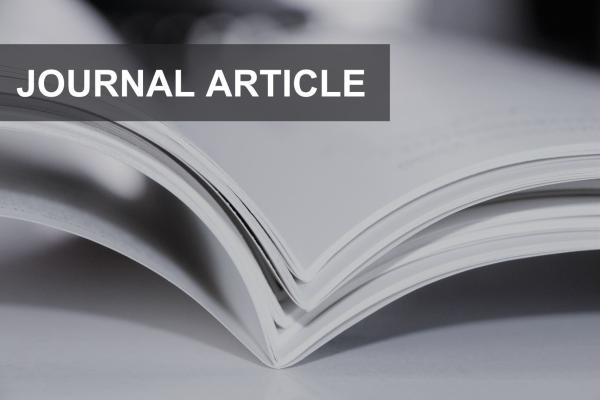
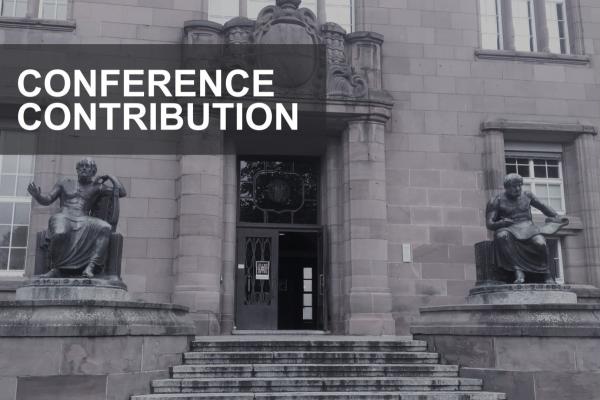
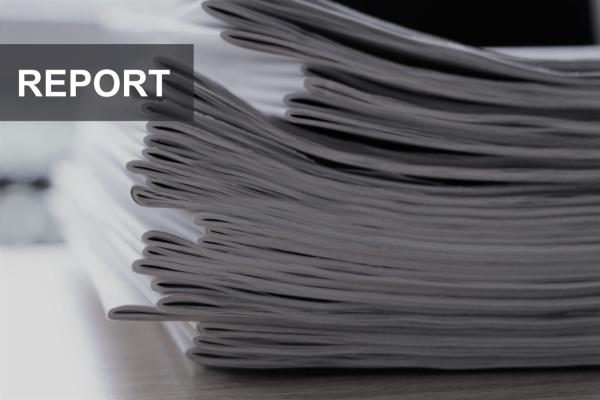
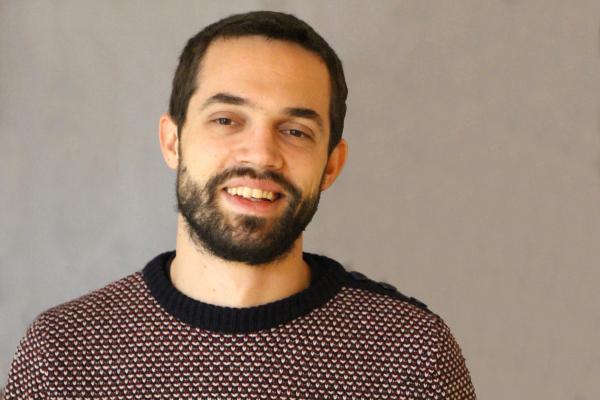

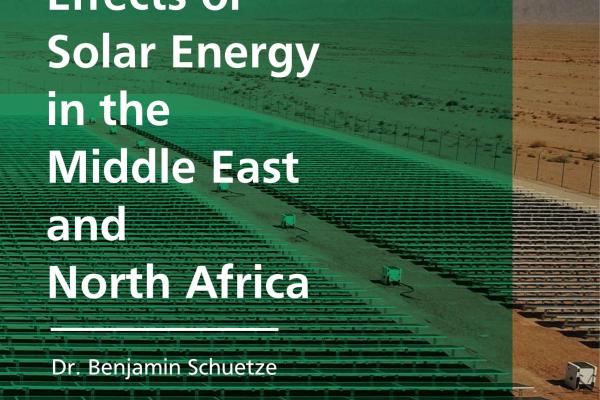
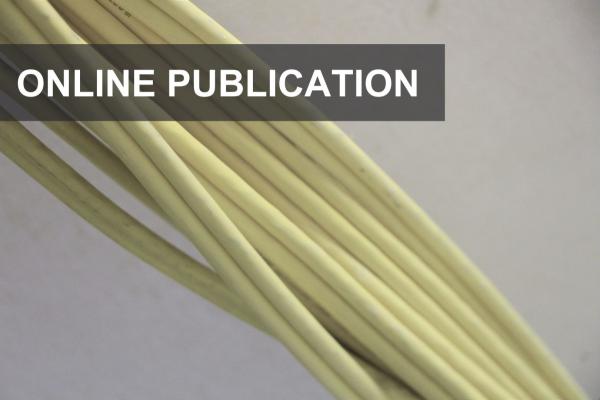
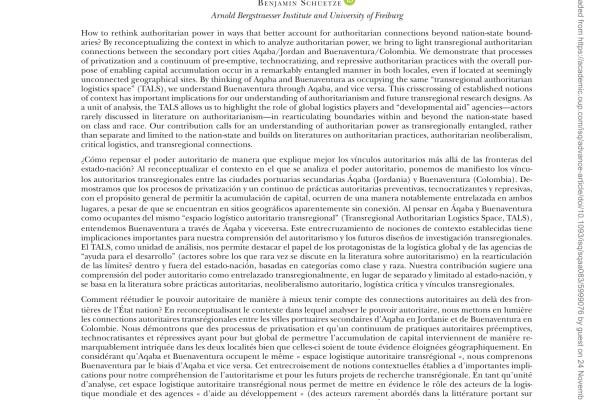 ,
, 